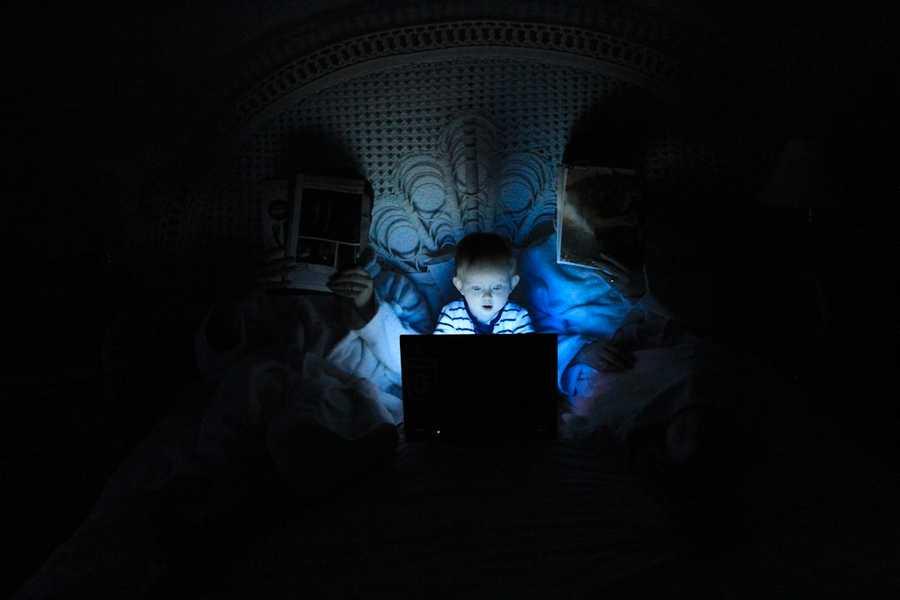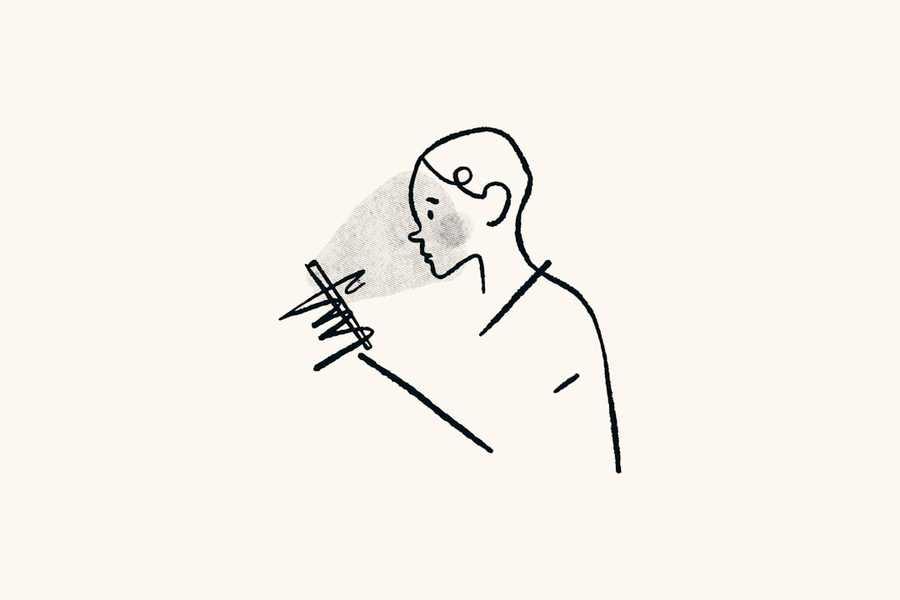Internet Addiction, Hikikomori Syndrome, and the Prodromal Phase of Psychosis
Curated from: frontiersin.org
Ideas, facts & insights covering these topics:
7 ideas
·2.16K reads
30
Explore the World's Best Ideas
Join today and uncover 100+ curated journeys from 50+ topics. Unlock access to our mobile app with extensive features.
Hikikomori: Acute Social Withdrawal
Computers, video games, and technological devices are part of young people’s everyday lives.
Hikikomori is a Japanese word describing a condition that mainly affects adolescents or young adults who live isolated from the world, cloistered within their parents’ homes, locked in their bedrooms for days, months, or even years on end, and refusing to communicate even with their family.
55
697 reads
Cause Of Hikikomori
Several factors are thought to be responsible for the growing prevalence of this condition. They include globalisation, increasing use of social media and developments in technology.
As a result, unlike older times, children now spend more time indoors, glued to screens. They often lack the skills required for direct social interactions, which are, in a way important for forging better connections.
A lot of socially withdrawn people don’t even talk to friends much on social media or have less demanding relationships.
50
351 reads
Hikikomori Connection With Other Symptoms
Experts are also beginning to explore hikikomori's possible connection with autism, depression, social anxiety and agoraphobia. Not only does a hikikomori person lose many years of their life in isolation, the condition also affects their family.
49
286 reads
Pre-Treatment: Recognizing Depression
It can be difficult to tell the difference between normal sadness and depression. We can start by looking at:
1. How long the emotions and behaviour changes have lasted – if we shows certain emotions like sadness or behaviour like being overly tired and often irritable for more than two weeks, it might be depression.
2. How strong the emotions are and whether they’re there all the time, or come and go.
3. How much the emotions and behaviour are affecting our work, relationships, physical health, enjoyment or everyday activities.
52
247 reads
Cope With Anxiety Disorders Symptoms
There are several steps we can take to cope with anxiety disorder symptoms.
1. Explore stress management: Learn ways to manage stress, such as through meditation.
2. Live a healthy lifestyle: Exercise regularly and eat a healthy, balanced diet.
3. Limit caffeine: Stop or limit how much caffeine we consume, including coffee, tea, cola and chocolate.
4. Join support groups: These groups encourage people with anxiety disorders to share their experiences and coping strategies.
4. Seek help: Get counseling and support if we experienced a traumatic or disturbing event.
53
122 reads
The Recovery Process: CHIME framework
Apart from social withdrawal, it has revealed that many hikikomori cases have a sedentary lifestyle, which may harm both their mental and physical health.
In this case, there are many frameworks that can be used to maintain the recovery process. This conceptual framework is composed by five recovery processes: Connectedness, Hope and optimism about the future, Identity, Meaning in life, and Empowerment.
50
265 reads
Further Treatment
Like internet addiction, Hikikomori is an emerging psychiatric diagnosis, and the definition and clinical features are still a matter of debate.
But one thing is obvious: the hikikomori are acutely aware of their own pain. They are likely to feel acute guilt for subjecting family to their quirks and, at the same time, report feeling suffocated by their shut-in ways.
As the researchers conclude:
‘The condition of hikikomori requires active intervention instead of the passive attitude stating that it is merely a lifestyle choice.’
50
201 reads
IDEAS CURATED BY
Nico D'Angelo's ideas are part of this journey:
Learn more about productivity with this collection
How to set new goals
How to take action towards a new life
How to create a plan for change
Related collections
Similar ideas
14 ideas
3 ideas
The Peter Principle and the Saul Syndrome
ericgeiger.com
4 ideas
The Ugly Truth About Online Dating
psychologytoday.com
Read & Learn
20x Faster
without
deepstash
with
deepstash
with
deepstash
Personalized microlearning
—
100+ Learning Journeys
—
Access to 200,000+ ideas
—
Access to the mobile app
—
Unlimited idea saving
—
—
Unlimited history
—
—
Unlimited listening to ideas
—
—
Downloading & offline access
—
—
Supercharge your mind with one idea per day
Enter your email and spend 1 minute every day to learn something new.
I agree to receive email updates







